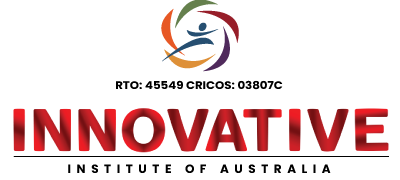Enjoy the world’s most livable city when you live, work and study in Melbourne. Experience it for yourself with MyStory – an interactive tool for prospective international students to virtually experience life in Victoria.
Australia is one of the most popular destinations for International students. Australia is famous for its fresh air and relaxed lifestyle and has among the most spectacular, beautiful natural features, forests and beaches in the world. Australia is safe from most world threats and environmental dangers such as earthquakes. Australia enjoys very low levels of pollution and has extremely clean air, roads, parks and beaches.
Our mixture of cultures, foods and religions makes Australia the most multicultural country in the world.
English is the national language and is well taught and understood throughout the country. The democratic government ensures people have the freedom to express their opinions. Australia has a very modern and progressive infrastructure, education and communications systems, services and lifestyle.
Melbourne https: www.studymelbourne.vic.gov.au
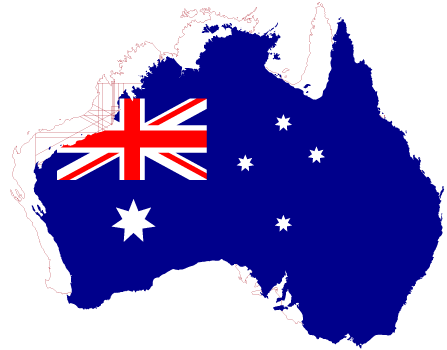

Study in Australia
Enjoy the world’s most livable city when you live, work and study in Melbourne. Experience it for yourself with MyStory – an interactive tool for prospective international students to virtually experience life in Victoria.
Australia is one of the most popular destinations for International students. Australia is famous for its fresh air and relaxed lifestyle and has among the most spectacular, beautiful natural features, forests and beaches in the world. Australia is safe from most world threats and environmental dangers such as earthquakes. Australia enjoys very low levels of pollution and has extremely clean air, roads, parks and beaches.
Our mixture of cultures, foods and religions makes Australia the most multicultural country in the world.
English is the national language and is well taught and understood throughout the country. The democratic government ensures people have the freedom to express their opinions. Australia has a very modern and progressive infrastructure, education and communications systems, services and lifestyle.
Melbourne https: www.studymelbourne.vic.gov.au
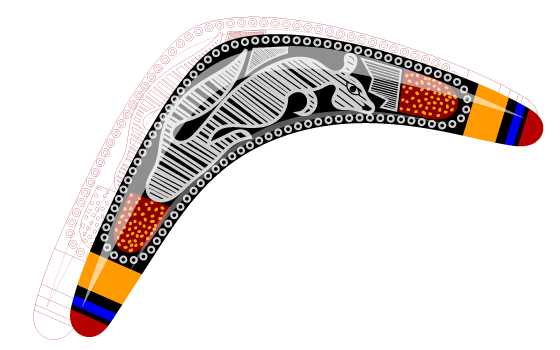
Cultural and Community
People from more than 200 countries call Victoria home. Everyone has a connection to another culture in some way and this is shown in the adoption of different food, cultures and traditions throughout Melbourne and Victoria.
The Indigenous cultures of Australia are the oldest living cultural history in the world – they go back at least 50,000 years and some argue closer to 65,000 years. In Australia, Indigenous communities keep their cultural heritage alive by passing their knowledge, arts, rituals and performances from one generation to another.
Today, nearly half of the population was born overseas or have a parent who was born overseas. English is Australia’s national language, however more than 230 languages and dialects are spoken. Cultural diversity is a part of everyday life and is celebrated.
There are places for worship for more than 100 faiths. Many institutions have prayer rooms and interfaith chapels. Temples, mosques, churches and synagogues are found across the state.
Cultural diversity is celebrated with a range of festivals, including Chinese New Year, Diwali, Vietnamese (Tet) New Year, the Hispanic Latin American Fiesta and Cultural Diversity Week, to name a few.
Outside of Melbourne, celebrations include an Italian Festival at Myrtleford, a Swedish Festival in Walhalla, Pako Festa in Geelong and the Bendigo Chinese Easter Festival.
Ingredients from around the world can be found in popular markets located in Preston, South Melbourne and Footscray; and in supermarkets and smaller grocery shops throughout Melbourne.
Key Dates
Christmas Day is in summer on 25 December. Many businesses close until the New Year. Christians celebrate the birth of Christ on this day. Christmas is a time for celebrating, feasting and giving gifts to family and friends. You don’t have to be a Christian to share this tradition.
Australia Day is on 26 January and marks the day Europeans first settled in Australia. Citizenship ceremonies are held and awards and honours are presented. Many community events celebrate cultural diversity and there are fireworks in the evening. You may see locals with the Australian flag.
Easter falls in March or April. Christians mark the death and resurrection of Christ at Easter. Hot cross buns are traditionally eaten on Good Friday. On Easter Sunday people share chocolate Easter eggs.
ANZAC Day, the 25 April marks the date Australian and New Zealand Army Corps landed at Gallipoli, Turkey in 1915. Australians remember those who fought for Australia or lost their lives in war. War veterans and their families attend a dawn memorial service and then join a peaceful march.
National Reconciliation Week starts on 27 May. It celebrates the culture, history and contribution of Aboriginal and Torres Straits Islander people. May 27 marks the anniversary of a 1967 Referendum when Australians voted to include Indigenous Australians in the national census.
The Australian Football League (AFL) Grand Final takes place in October at the Melbourne Cricket Ground. Australian rules football, or ‘footy’ is Melbourne’s most loved sport. The AFL Grand Final is the most celebrated and anticipated sporting event of the year. Over 100,000 excited fans wearing their team’s colours go to the game. Millions watch it on television.
Melbourne Cup Day is a public holiday in Victoria. The Melbourne Cup is a horse race held at Flemington Racecourse. It’s a glamorous occasion. Women wear stylish clothes and hats. Men wear fashionable suits and ties. You can dress up and join in the fun or watch it on television. Locals may invite you to a party or barbeque.
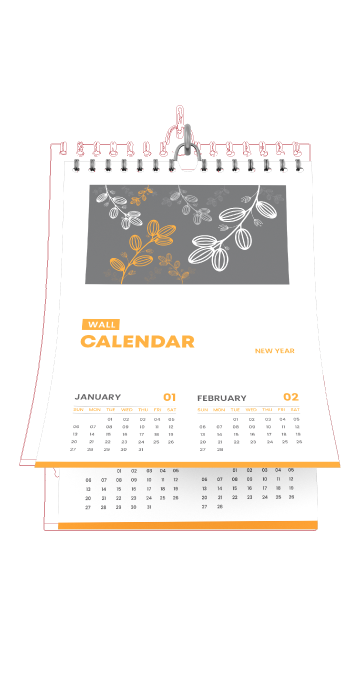
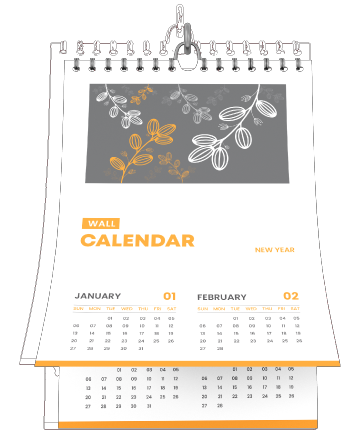
Key Dates
Christmas Day is in summer on 25 December. Many businesses close until the New Year. Christians celebrate the birth of Christ on this day. Christmas is a time for celebrating, feasting and giving gifts to family and friends. You don’t have to be a Christian to share this tradition.
Australia Day is on 26 January and marks the day Europeans first settled in Australia. Citizenship ceremonies are held and awards and honours are presented. Many community events celebrate cultural diversity and there are fireworks in the evening. You may see locals with the Australian flag.
Easter falls in March or April. Christians mark the death and resurrection of Christ at Easter. Hot cross buns are traditionally eaten on Good Friday. On Easter Sunday people share chocolate Easter eggs.
ANZAC Day, the 25 April marks the date Australian and New Zealand Army Corps landed at Gallipoli, Turkey in 1915. Australians remember those who fought for Australia or lost their lives in war. War veterans and their families attend a dawn memorial service and then join a peaceful march.
National Reconciliation Week starts on 27 May. It celebrates the culture, history and contribution of Aboriginal and Torres Straits Islander people. May 27 marks the anniversary of a 1967 Referendum when Australians voted to include Indigenous Australians in the national census.
The Australian Football League (AFL) Grand Final takes place in October at the Melbourne Cricket Ground. Australian rules football, or ‘footy’ is Melbourne’s most loved sport. The AFL Grand Final is the most celebrated and anticipated sporting event of the year. Over 100,000 excited fans wearing their team’s colours go to the game. Millions watch it on television.
Melbourne Cup Day is a public holiday in Victoria. The Melbourne Cup is a horse race held at Flemington Racecourse. It’s a glamorous occasion. Women wear stylish clothes and hats. Men wear fashionable suits and ties. You can dress up and join in the fun or watch it on television. Locals may invite you to a party or barbeque.
Weather
Melbourne weather is known to be changeable, with locals often saying the city can have ‘four seasons in one day’. The weather is generally warm and dry in summer and cold in winter.
Season: Summer – December to February
About: Summer days average 25°C (77°F) and humidity is usually low. Heat waves with temperatures over 40°C (104°F) can be followed by sudden cool changes, and even rain.
Wear: Light clothing – cottons, swimming costume, hat and sunscreen.
Tip: Be ‘sun smart’ and protect yourself with sunscreen, sunglasses, a hat, bottled water and protective shoes when walking in parks or along beaches
Season: Autumn – March to May
About: Autumn in Melbourne is very beautiful – warm and sunny with temperatures ranging from 9°C to 17°C (48°-63°F). The days are still long and the sun may still be strong. People enjoy the light sea breezes and occasionally a little rain.
Wear : Layers of clothing that can be easily removed or added to, along with light showerproof items
Tip : Weather in Autumn can change suddenly and sharply, so be prepared for rain and shine
Season: Winter – June to August
About : Winter daytime temperatures range from 7°C to 14°C (44°– 57°F) but it gets colder overnight. Most of Melbourne’s yearly rainfall happens in winter.
Wear : Warm clothes and shoes, and a water-resistant jacket.
Tip : If you go to a football game, wear warm clothes, a warm hat and gloves, but don’t take an umbrella as it will block other people’s view.
Season: Spring – September to November
About : Spring weather can be very changeable and often very windy. It starts to get warmer with daily temperatures ranging from 10°C to 20°C (52°-65° F).
Wear : Layers of clothing and a waterproof jacket.
Tip : Melbourne’s many parks and gardens will be full of colourful flowers, and people start wearing lighter clothes and more colour.
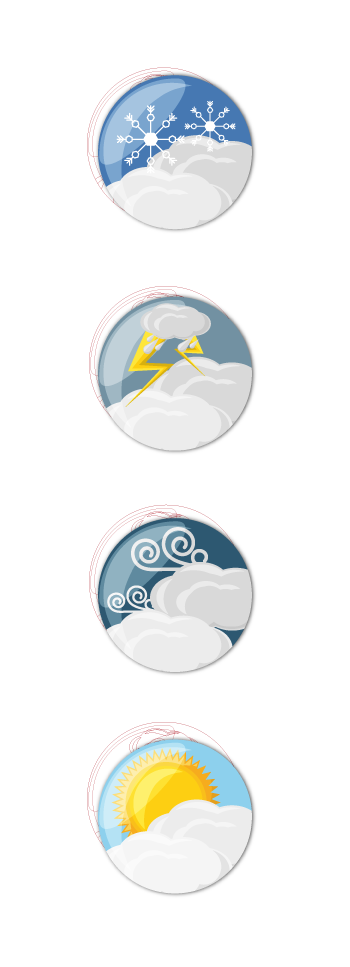
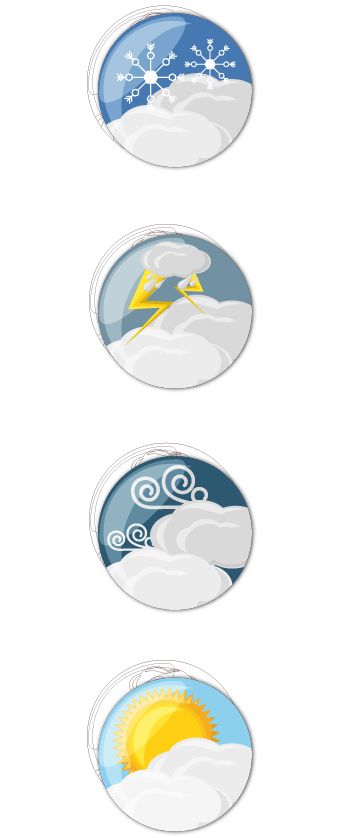
Weather
Melbourne weather is known to be changeable, with locals often saying the city can have ‘four seasons in one day’. The weather is generally warm and dry in summer and cold in winter.
Season: Summer – December to February
About: Summer days average 25°C (77°F) and humidity is usually low. Heat waves with temperatures over 40°C (104°F) can be followed by sudden cool changes, and even rain.
Wear: Light clothing – cottons, swimming costume, hat and sunscreen.
Tip: Be ‘sun smart’ and protect yourself with sunscreen, sunglasses, a hat, bottled water and protective shoes when walking in parks or along beaches
Season: Autumn – March to May
About: Autumn in Melbourne is very beautiful – warm and sunny with temperatures ranging from 9°C to 17°C (48°-63°F). The days are still long and the sun may still be strong. People enjoy the light sea breezes and occasionally a little rain.
Wear : Layers of clothing that can be easily removed or added to, along with light showerproof items
Tip : Weather in Autumn can change suddenly and sharply, so be prepared for rain and shine
Season: Winter – June to August
About : Winter daytime temperatures range from 7°C to 14°C (44°– 57°F) but it gets colder overnight. Most of Melbourne’s yearly rainfall happens in winter.
Wear : Warm clothes and shoes, and a water-resistant jacket.
Tip : If you go to a football game, wear warm clothes, a warm hat and gloves, but don’t take an umbrella as it will block other people’s view.
Season: Spring – September to November
About : Spring weather can be very changeable and often very windy. It starts to get warmer with daily temperatures ranging from 10°C to 20°C (52°-65° F).
Wear : Layers of clothing and a waterproof jacket.
Tip : Melbourne’s many parks and gardens will be full of colourful flowers, and people start wearing lighter clothes and more colour.
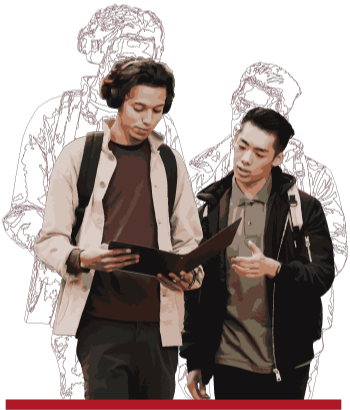
Education Services
Education System in Australia
Education in Australia for visitors from overseas is highly regulated by the Australian government to ensure the highest possible level of quality and service.
The ESOS Framework – The Education Services for Overseas Students Act 2000, or ESOS Act, establishes legislative requirements and standards for the quality assurance of education and training institutions offering courses to international students who are in Australia on a student visa. ESOS also provides tuition fee protection for international students.
National Code 2018 – The Australian Government has released the revised National Code of Practice for Providers of Education and Training to Overseas Students 2018 (National Code 2018) which is part of the ESOS legislative framework and it provides nationally consistent standards for the conduct of registered providers of international education and the registration of their courses.
The National Vocational Education and Training Regulator Act 2011 – has established a new approach to national regulation of the vocational education and training (VET) sector in Australia. The Act also provides for Standards for VET Accredited Courses.
The Overseas Students Ombudsman
The Overseas Students Ombudsman is a specialist role of the Commonwealth Ombudsman
The Commonwealth Ombudsman:
can investigate complaints about problems that intending, current or former overseas students have with private schools, colleges and universities (education providers) in Australia
provides information about best practice complaints handling to help private education providers manage internal complaints effectively
publishes reports on problems and broader issues in international education that we identify through investigations.
Universities
There are forty-three world class Australian universities. A full range of academic and professional disciplines are offered with awards ranging from associate diploma to doctorates. Typically, an undergraduate degree takes at least three years to complete, longer for honours or double degrees.
Vocational (technical & further) education
Vocational Education and Training (VET) / Technical and Further Education (TAFE) institutions provide courses with a strong vocational focus. Fees are charged for these courses and vary between institutions and states. Some VET/TAFE courses are offered at degree level with the majority being at diploma or associate diploma level.
Private Colleges
Private colleges deliver an excellent range of award and non-award courses throughout Australia including English language. These colleges are required to meet the same quality assurance standards as government institutions and universities. Most private colleges are members of one of the following industry organisations
Student Visa Requirements
International Students applying for a student visa to study at Elite Training Institute (ETI) will apply under the following visa subclass.
Student visa (subclass 500)
Same visa subclass Applies to our Vocational Education and Training (VET) Certificate, Diploma and Advanced Diploma
Major Visa Requirements are:
You are required to regularly attend your classes and be performing to a satisfactory level i.e. passing your course.
You must maintain satisfactory academic progress throughout the entire duration of your course.
You are not allowed to work for more than 20 hours per week and the work must not interfere with your studies. There are no limitations to work during holiday periods.
IIA is to be informed immediately of any change of address during the duration of your studies
You must remain with the education provider (IIA) with whom you enrolled for the first 6 months of your principal course.
If you change education provider (i.e. leave IIA) you must inform us of the new provider.
Your overseas student health cover (OSHC) must always be current throughout the duration of your study in Australia. Immediate family members who join you must also be covered. Your OSHC fee must be paid before your visa can be issued, and you will need to renew it annually.
If you are absent for more than 3 consecutive days, you must contact IIA.
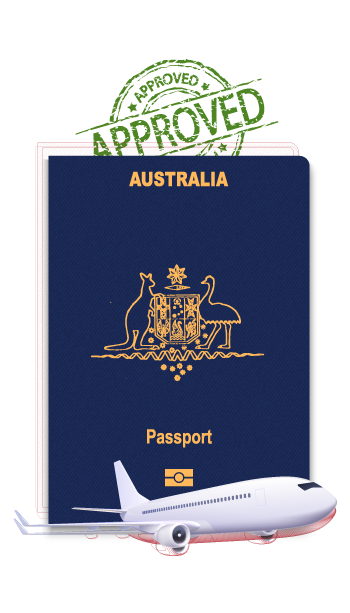
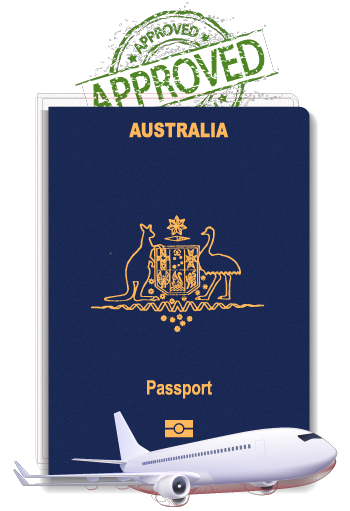
Student Visa Requirements
International Students applying for a student visa to study at Elite Training Institute (ETI) will apply under the following visa subclass.
Student visa (subclass 500)
Same visa subclass Applies to our Vocational Education and Training (VET) Certificate, Diploma and Advanced Diploma
Major Visa Requirements are:
You are required to regularly attend your classes and be performing to a satisfactory level i.e. passing your course.
You must maintain satisfactory academic progress throughout the entire duration of your course.
You are not allowed to work for more than 20 hours per week and the work must not interfere with your studies. There are no limitations to work during holiday periods.
IIA is to be informed immediately of any change of address during the duration of your studies
You must remain with the education provider (IIA) with whom you enrolled for the first 6 months of your principal course.
If you change education provider (i.e. leave IIA) you must inform us of the new provider.
Your overseas student health cover (OSHC) must always be current throughout the duration of your study in Australia. Immediate family members who join you must also be covered. Your OSHC fee must be paid before your visa can be issued, and you will need to renew it annually.
If you are absent for more than 3 consecutive days, you must contact IIA.

